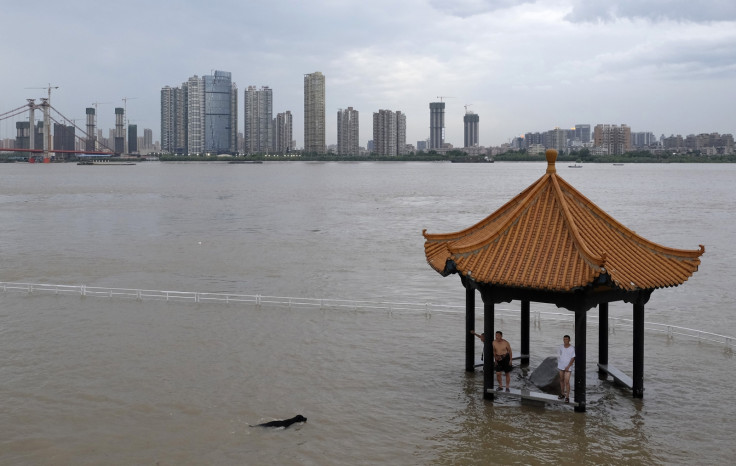Climate Change: Rich Nations Pledge £6bn In Funds, As UN Warns of Window Closing on Irreversible Change

Thirty nations that met in Berlin have pledged £6bn ($9.3bn) towards the climate fund aimed at helping developing countries curb emissions and adapt to climate change.
The Green Climate Fund fell a little short of the £6.37bn expected by the year end.
The Copenhagen agreement saw developed nations agree to mobilise $100bn (£64bn) yearly by 2020.
The US has already pledged $3bn and Japan $1.5bn. The UK, Germany and France have promised about $1bn each, and Sweden more than $500m, reports the BBC.
The UK's contribution will come from the £3.87bn budget set aside in the aid budget for 2011-2016.
Even some of the emerging economies like Mexico have pledged a few million dollars to the fund. South Korea has recently pledged up to $100 million to the fund.
However, only 16 percent of global public climate finance invested so far has been used for adaptation measures, with most of it finding its way to clean energy investments.
Countries are currently working towards striking a climate agreement in 2015 that would be applicable to all countries. They will meet next month in Peru to continue talks prior to the Paris summit next year.
Climate investments drop
The annual Global Landscape of Climate Finance report, released on Thursday by the Climate Policy Initiative (CPI), shows that global climate investments have drop over the last two years.
At $331 billion in 2013, which was $28 billion less as compared to 2012 figures and $33 billion from 2011, says Climate Central.
It is far below International Energy Agency estimates which indicate that more than $1tn a year has to be invested in clean energy annually to avoid the warming threshold of 2C.
"The world is falling short of even conservative projections of investment levels needed to limit a change in temperature to below 2 degrees Celsius," said Barbara Buchner, who leads CPI's climate finance program.
The fifth assessment report of the IPCC has once again warned that clean energy must take over by mid-century and fossil fuels be totally replaced by end of the century if the planet is to avoid irreversible changes.
'Window closing fast'
The world is nowhere near avoiding global warming that will set off irreversible climate changes, warned a UN report.
"The time window (for reaching that goal) is closing, closing," said United Nations undersecretary for environment Achim Steiner. And the cost of getting to that goal "is increasing, increasing."
The world has to hit a peak of carbon dioxide, methane and other greenhouse gases before 2030, said the report's chief scientific editor, Joseph Alcamo. But the study says carbon emissions will continue to soar until 2050 and by then it will be too late.
The world will spill almost 20 billion tonnes more than the restrictive about 46 billion tonnes (42 billion metric tonnes) by 2030, calculates the report. This is in spite of the latest US-China deal to curb their emissions.
© Copyright IBTimes 2025. All rights reserved.





















